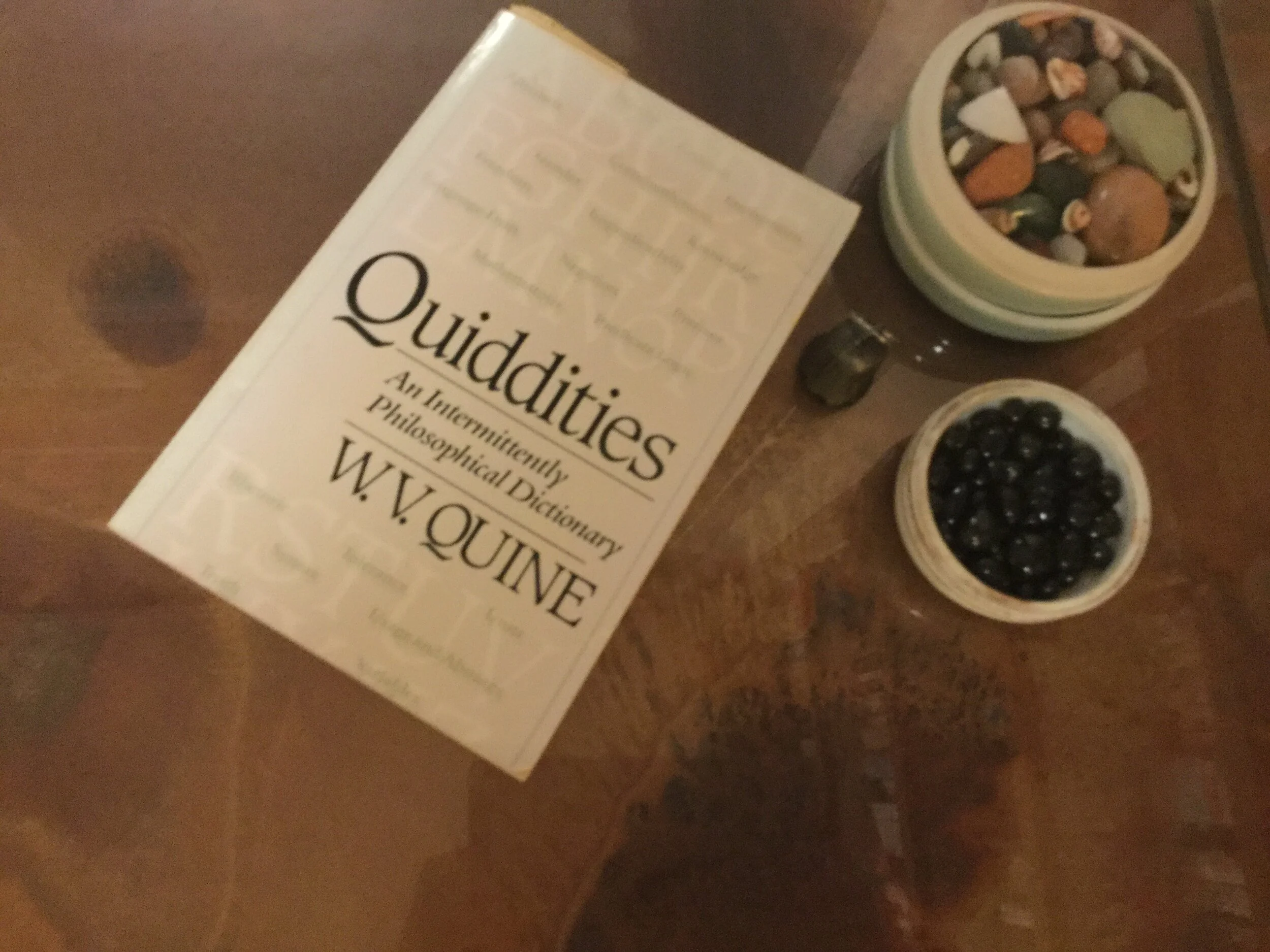A friend recently asked me how I get my ideas for writing. I’m guessing the answer, as nearly as I can come to it, is this: by random association.
For instance.
In the photo below, Scooter sits with his newest toy, a platypus, left anonymously at our apartment door.
It was a good thing, the giving of this hard-to-break-into-chewing-tossing-hiding-in-the-sofa-pillows-toy. Bravo!
But wait!
“Scooter, Release!” I said, seeing what I saw.
He did. Release is one command he chooses to follow fairly consistently. Platypus, the toy, unlike platypuses in real life, had at the back of his/her head a tuff of green fuzz and Scooter was barbering the tuff with his freshly established permanent front teeth. And there, while I cut the fuzz away, came my thought for writing: That which is good. . .often is not simply so.
I leave it to you to decide whether to follow the philosophers and theologians on the meaning of “Good.” If I remember rightly, Socrates, Plato, Aristotle, Jacob Arminius, and Thomas Aquinas all found it resident in man (and, well, Thomas Aquinas did REALLY mean in Man, not woman, but that’s a whole subject in itself. Augustine and Calvin found human goodness missing altogether.
I took scissors to Platypus, cut the fuzz to the quick, and returned the good toy to the small creature sitting, sulking, beside me. It is good, this gift, I thought. Only, as it is in many good things, other attributes attend. The green fuzz, if ingested, surely can’t be good.
It is good, this rain we are experiencing, only too much of it does harm.
It is good (how easily we say it)—this ice cream sundae, this rare beef filet, this fried donut—but not, perhaps, clogged vessels and settling fat cells that attend the good.
They are good, very good, exchanges of kindness, while knowing they carry risks.
I was thinking those thoughts as I snipped synthetic strands from a plastic platypus spine. And then my thoughts turned serious.
It is good, this love we humans feel toward one another, toward nature, toward beauty, but within the goodness of love (and how very good love is), are hidden aspects of (can we name them all?), the potential of, the sometimes unavoidable arrival of, fear and sorrow and grief and longing and disappointment and anger and estrangement.
It’s a risk, the Good. And if it is true that only God is essentially good, that all else is fraught with small bits of potentially harmful fuzz, we humans might benefit by always carrying scissors of discernment.





